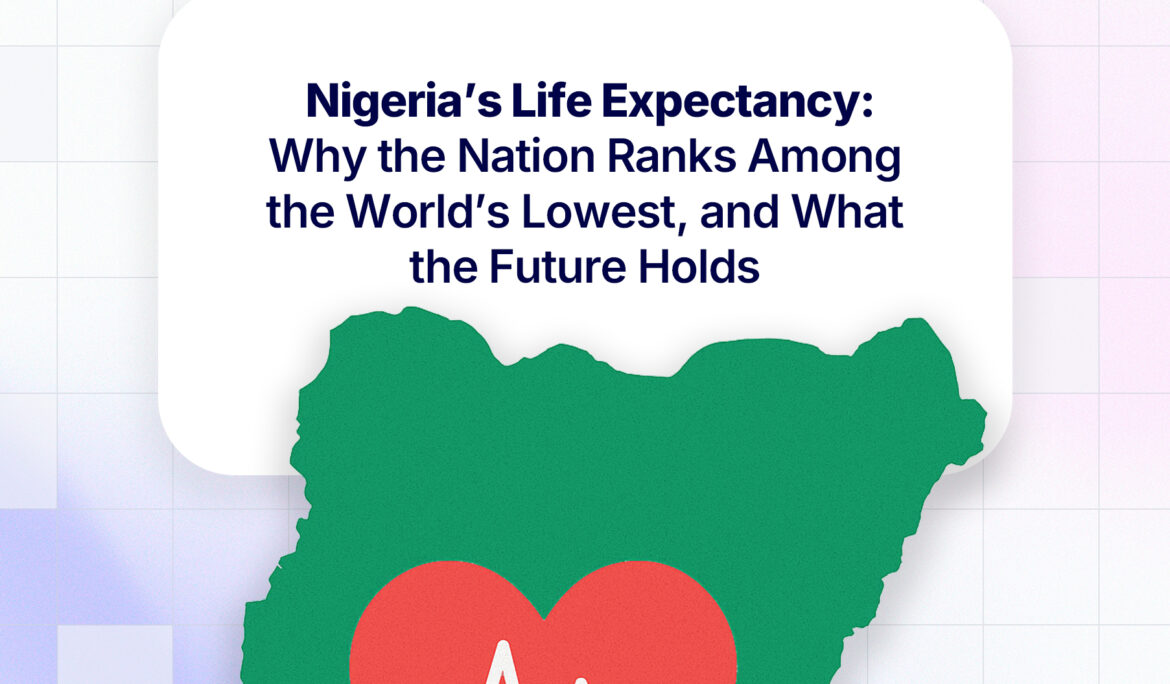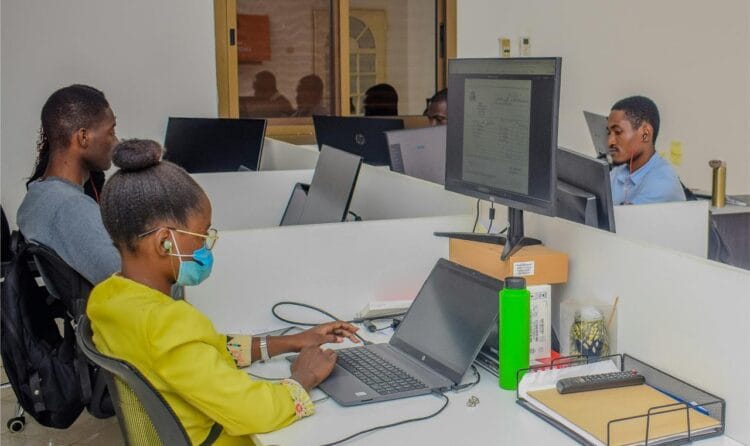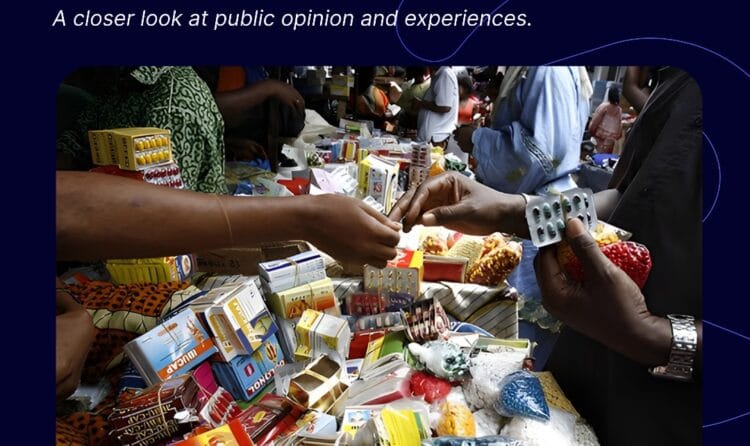Introduction
Life expectancy, defined as the average number of years a person can expect to live, is more than just a health statistic. It is a mirror reflecting a country’s quality of life, healthcare access, economic stability, and even cultural resilience. In the past decades, the world has seen remarkable improvements in life expectancy rates, thanks to advancements in medicine, better sanitation, global vaccination drives, and increased awareness of healthy living. However, this progress has not been evenly distributed. While some nations are recording unprecedented longevity, others, especially low-income countries, continue to lag behind, facing challenges that threaten both the quality and length of life.
When we look at the global picture, the world’s average life expectancy in 2023 stands as a strong testament to human progress. Yet, the story changes when we break down the numbers by income groups and regions. High-income nations, often benefiting from robust healthcare systems and better living conditions, tend to dominate the upper ranks of list. On the other hand, many low-income countries, particularly in Sub-Saharan Africa, face systemic challenges, from preventable diseases and malnutrition to political instability, that pull their numbers far below the global average.
The Global Rankings of Leaders and Laggards
According to the World Bank data (2023) on Life Expectancy rate which was reviewed in the attached analysis, the top 10 countries with the highest life expectancy rates are largely concentrated in high-income regions such as Europe and Asia-Pacific. These countries have life expectancy rates well above 80 years, a direct reflection of their advanced healthcare infrastructure, stable economies, and social systems that prioritize well-being throughout life. Nations like Japan, Switzerland, and Australia consistently appear on this list, benefiting from long-standing investments in preventive healthcare, nutrition, and elderly care.
Figure 1. Top 10 Countries with High Life Expectancy rate in 2023 (ResearchGains, 2025)
On the other end of the spectrum, the bottom 10 countries, many of them in Sub-Saharan Africa, paint a starkly different picture. Life expectancy here often falls below 60 years, with some countries struggling to cross even the 55-year mark. Challenges like inadequate healthcare funding, high maternal and child mortality rates, and frequent outbreaks of infectious diseases all play a role. In many cases, political instability and economic hardship further compound these health struggles, creating cycles that are difficult to break.
Figure 2. Bottom 10 Countries with Low Life Expectancy rate in 2023 (ResearchGains, 2025)
The Position of Nigeria; The Reality at Home
Nigeria, Africa’s most populous nation, sits closer to the lower end of the global life expectancy table. While there have been improvements over the years, the country’s current average still lags behind the global average by a significant margin. From the datasets reviewed, Nigeria’s life expectancy hovers just above 53 years, showing both the progress made and the work that still lies ahead.
Figure 3. World Average Life Expectancy rate 2023
Nigeria’s status as a lower-middle-income country, combined with socio-economic challenges and infrastructural gaps, shapes its life expectancy rate. Uneven access to quality healthcare, especially between urban and rural areas, widens the gap. High rates of communicable diseases, limited health insurance coverage, and an overburdened medical workforce slow the country’s progress compared to high-income nations.
Forecasting Nigeria’s Future
Using historical data from 1960 to 2023, a 10-year forecast was developed by ResearchGains for Nigeria’s life expectancy. The projection estimates that by 2033, Nigeria’s life expectancy will reach 59.30 years. The lower bound of this forecast is 53.53 years, while the upper bound suggests a possible rise to 65.06 years if significant improvements are made in healthcare delivery, economic stability, and public health interventions.
Figure 4. Average Nigerian Life expectancy rate to increase to 59.3 years by 2033 (ResearchGains, 2025).
This range highlights two important points:
Without major structural changes, it could remain nearly stagnant.
With strategic investments in healthcare, education, and infrastructure, Nigeria has the potential to bridge part of the gap with the global average.
Regional and Income-Level Influences
Income levels remain a powerful determinant of life expectancy. In high-income countries, citizens often enjoy universal health coverage, advanced medical technology, and better living conditions, all translating to longer lifespans. Conversely, lower-income nations face limitations in healthcare funding, fewer medical professionals, and reduced access to essential medicines.
Regionally, Africa still has the lowest average life expectancy in the world, although progress is evident. Asia and Europe lead the pack, with life expectancies frequently exceeding 75 years. This contrast explains the global inequality in health outcomes, an inequality that Nigeria, along with many other African nations, must work to close.
Conclusion
Life expectancy is not an unchangeable fate. The gap between Nigeria’s current standing and the world’s leading nations is a challenge, but also an opportunity. By prioritizing public health, improving access to quality medical services, addressing socio-economic inequalities, and investing in preventive care, Nigeria can shift its trajectory. The 10-year forecast may suggest a cautious outlook, but it also shows the room for growth if decisive steps are taken.
The world is living longer than ever before. With the right policies, targeted health investments, and community-driven solutions, Nigeria can ensure its people not only live longer but also live healthier, more fulfilling lives.
At ResearchGains, we will keep listening and spotlighting voices until reform becomes reality.
- Drop a comment to share your experience.
- Repost this article or our visual summary to keep the conversation going.
- Follow @ResearchGains for weekly insights from real Nigerians.
LinkedIn: ResearchGains
Instagram: @research_gains
Facebook: ResearchGains
Twitter/X: @ResearchGains
WhatsApp Community: Join Here





